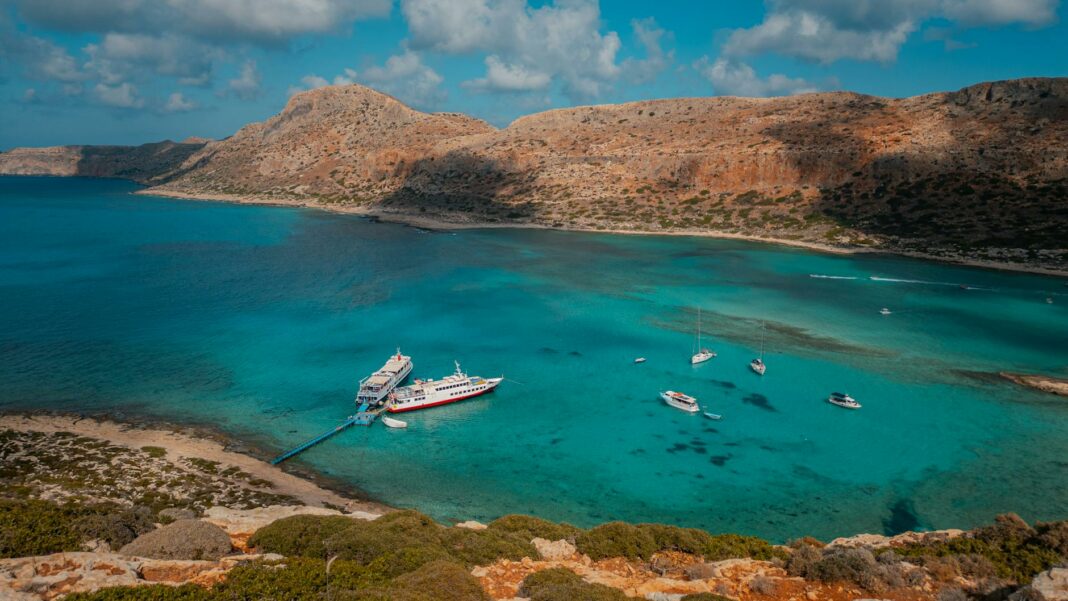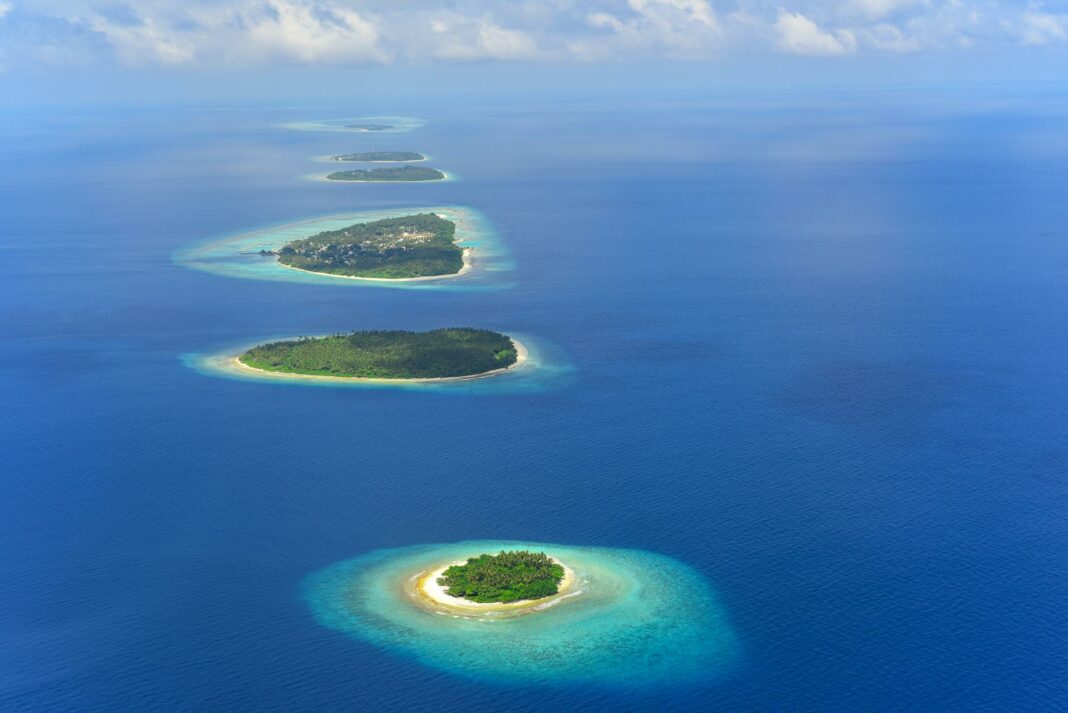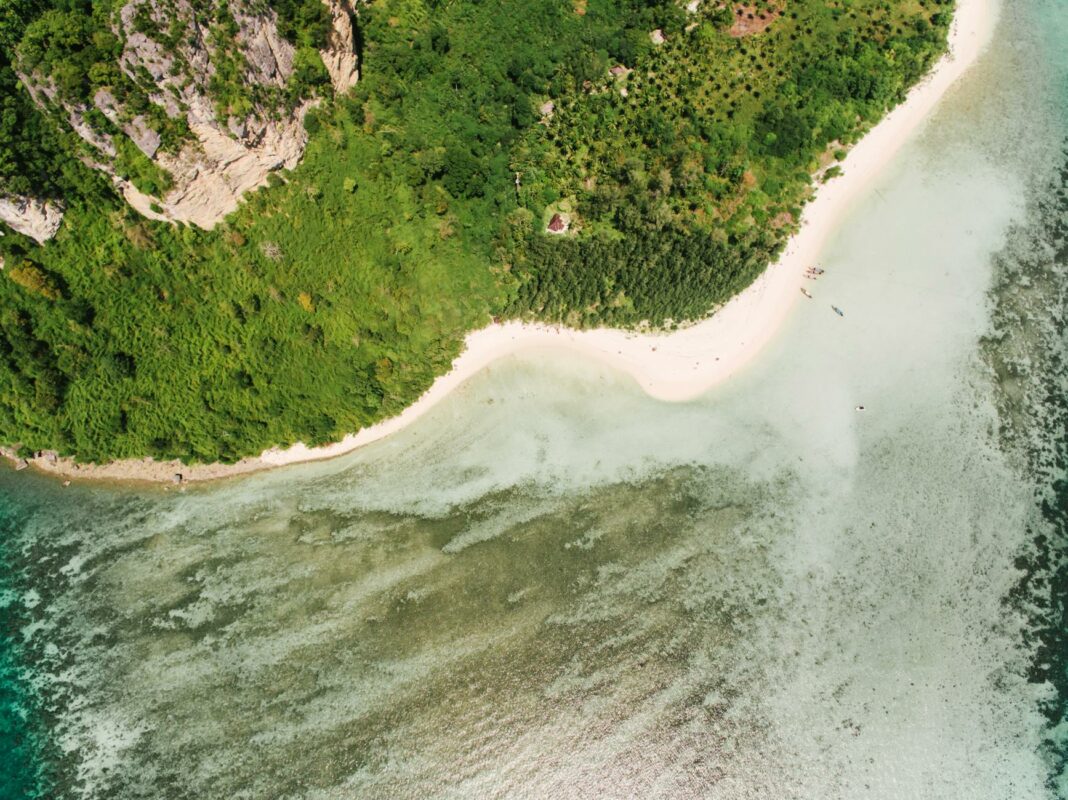Table of Contents
- Introduction
- Environmental Benefits of Island Hopping
- Cultural Exchange Opportunities
- Sustainable Travel Practices
- Conserving Natural Resources
- Engaging with Nature
- Final Thoughts on Island Hopping
- Frequently Asked Questions
Introduction
Are you ready to embark on an unforgettable journey that intertwines adventure and eco-consciousness? Island hopping has emerged as a frontrunner in the realm of eco-tourism, inviting travelers to delve into diverse ecosystems while leaving a minimal footprint. Not only does this unique form of travel promote environmental awareness, but it also fosters cultural connections, reinforces sustainable practices, and enhances our appreciation of Mother Nature’s masterpieces.
Imagine cruising between idyllic islands, each with its own set of wonders. From vibrant coral reefs to breathtaking landscapes, island hopping combines exploration with a profound sense of responsibility. This blog explores the myriad benefits of this eco-adventure, presenting island hopping as the ultimate choice for the eco-conscious traveler.
Environmental Benefits of Island Hopping
Diving into the world of eco-tourism reveals a myriad of environmental benefits associated with island hopping. This form of travel encourages minimal impact on natural habitats while giving travelers the opportunity to appreciate pristine landscapes and unique ecosystems. Unlike mass tourism, which often overwhelms fragile environments, island hopping fosters smaller groups and more localized experiences. This encourages better management of natural resources by promoting conservation practices sensitively embedded in local cultures.
Moreover, travelers are often more inclined to support eco-friendly operators who prioritize sustainability. Engaging in practices such as eco-friendly accommodations, waste reduction initiatives, and supporting local businesses significantly helps preserve the environment. The community’s active role in promoting conservation efforts not only protects natural treasures but also raises awareness about the importance of safeguarding biodiversity.
Cultural Exchange Opportunities
Island hopping serves as a vibrant platform for cultural exchange, allowing travelers to experience authentic local lifestyles that often go unnoticed in conventional tourism. By immersing oneself in the customs, traditions, and culinary delights of various island communities, travelers can forge meaningful connections that transcend mere sightseeing. This rich tapestry of interactions paves the way for mutual understanding and respect between different cultures.
Furthermore, engaging with local artisans, participating in workshops, or attending traditional festivities rejuvenates local economies while securing the continuation of cultural heritage. Each island brings its unique story, providing a rich backdrop for cultural exploration. This blend of adventure and cultural immersion catalyzes a greater appreciation for global diversity and nurtures a strong sense of world citizenship among travelers.
Sustainable Travel Practices
Incorporating sustainable travel practices into your island hopping adventure amplifies its eco-friendly essence. Sustainable tourism encourages individuals to make mindful choices that align with preserving the environment. For instance, opting for local transportation methods, like biking or using solar-powered boats, minimizes carbon footprints and ensures a more authentic experience.
Moreover, responsible travel behavior includes reducing waste and supporting initiatives that prioritize sustainability. By participating in beach clean-ups and wildlife conservation projects, travelers can contribute positively to the ecosystems they explore. This proactive involvement signals a commitment to safeguarding the beauty of our planet and ensures future generations can relish in its wonders.
Conserving Natural Resources
Conserving natural resources is at the heart of eco-tourism, and island hopping provides a fantastic opportunity to do just that. Many islands are equipped with limited resources, heightening the importance of responsible consumption. By visiting during off-peak seasons, travelers help alleviate pressure on local ecosystems while supporting the economy without overwhelming infrastructure.
Local communities often prioritize sustainable practices such as rainwater collection, solar energy utilization, and organic farming, promoting a renewed approach to resource management. When travelers align their choices with these efforts, they can actively participate in preserving the natural beauty and cultural authenticity of their destinations. This collaborative spirit fuels a sense of shared responsibility for the environment, making every journey a part of larger conservation efforts.
Engaging with Nature
One of the most exhilarating aspects of island hopping is the unparalleled opportunity to engage with nature. Whether it is snorkeling in crystal-clear waters, hiking rugged trails, or observing unique wildlife in their natural habitats, every moment is an invitation to interact directly with the environment. Such experiences deepen our understanding of the richness of biodiversity and the intricate web of life that sustains our planet.
These encounters not only invigorate the senses but also inspire a profound respect for nature. Witnessing the splendor of marine ecosystems and experiencing the awe of ancient forests encourages travelers to become advocates for environmental preservation. The direct connection forged during such adventures serves as a reminder of the vital role we play in nurturing and protecting our ecosystems.
A Passion for Eco-Tourism Adventures
Island hopping undeniably stands out as a premier choice for those desiring an eco-tourism adventure. Each leg of the journey offers a multitude of environmental benefits, opportunities for cultural immersion, and the chance to practice sustainability—all while connecting with nature in a meaningful way. The collective impact of these experiences fosters a passionate commitment to conserving the environment and celebrating diverse cultures.
As eco-tourists embark on their journeys, they contribute to a global effort that emphasizes respect for our planet’s beauty. With every island visited, travelers not only create cherished memories but also foster a legacy of environmental stewardship. So, pack your bags, set sail, and allow island hopping to transform the way you connect with the world around you.
Frequently Asked Questions
Q: What should I pack for an island hopping adventure?
A: Essential items include sunscreen, a reusable water bottle, lightweight clothing, comfortable footwear, and eco-friendly toiletries.
Q: How can I ensure my travels are eco-friendly?
A: Opt for local accommodations, avoid single-use plastics, respect wildlife, and support local economies by purchasing handcrafted souvenirs.
Q: Are there specific islands known for their eco-tourism initiatives?
A: Yes, islands such as Fiji, the Galápagos, and Bali have been recognized for their strong commitments to sustainability and conservation.
Q: Can I participate in volunteer opportunities while island hopping?
A: Absolutely! Many destinations offer volunteer programs focused on wildlife conservation, beach clean-ups, and community development.
Ultimately, island hopping enables travelers to experience eco-tourism in an inspiring and impactful way. Embrace the adventure and discover the extraordinary world waiting for you!
Image Credit: Pexels





